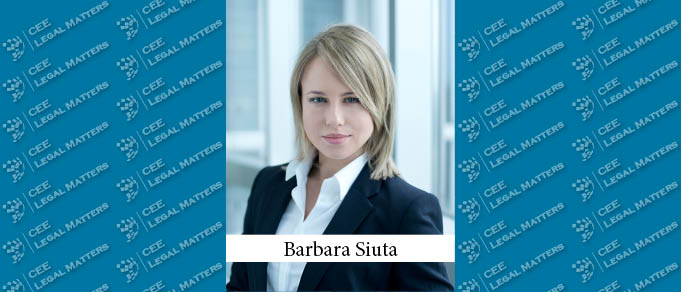From 2021 entrepreneurs running sole proprietorships have been granted certain benefits, which had so far been enjoyed only by consumers. All this is due to the change in the Polish Civil Code and the consumer rights legislation referred to as the so-called "friendly law package" (Polish Journal of Laws 2019, item 1495). Based on the perspective of entrepreneurs, this paper outlines the challenges brought about by the amendment.
What has changed in Polish consumer law?
It was stated that from 1 January 2021, natural persons who run a sole proprietorship are covered, in certain situations, by the protection that the legislation had formerly provided only to consumers despite the status of these natural persons as entrepreneurs as entered in the register of sole entrepreneurs (referred to as the Central Register and Information on Economic Activity in Poland).
Sole entrepreneurs may exercise their new consumer rights in the scope of the agreements directly related to their businesses if the wording of such agreements exhibits that they do not have a professional character.
Specific protection will include the application of abusive clauses, warranty for defects and the right of withdrawal from distance or off-premises contracts.
How to assess the professional nature of the contract
To verify whether a sole entrepreneur is entitled to enjoy the consumer rights in particular circumstances, it will be necessary to assess if the contract has a professional character or not. Specific consumer protection does not apply to agreements related to services and purchases made for the purpose of manufacturing products and services that cover the economic activity of a given sole entrepreneur. Therefore, when the contract concluded pertains to the professional field of the given sole entrepreneur, the rules related to professionals will continue to apply.
For example, it means that a tailor buying a sewing machine will not be entitled to special consumer protection. However, if the tailor buys a computer, he will enjoy the privileges of consumer rights in such a transaction even if he uses the computer in his workshop.
In practice, determining which transaction is of a professional character and which is not may raise a lot of problems. According to the provisions of the act, this assessment is to be made especially based on the subject of the activity performed by a given entrepreneur as indicated by him in the aforementioned Central Register and Information on Economic Activity (in accordance with Polish classification of business activity, i.e., the “PKD”). However, the Legislator has not indicated what other criteria should be taken into account in this regard.
What is the scope of the new protection?
Based on the changes introduced, entrepreneurs will be able to benefit from the provisions that protect consumers in terms of the following:
- abusive clauses
- rights under warranty
- right of withdrawal from distance or off-premises agreements
Abusive clauses are contractual provisions that have not been individually agreed upon, and they shape the rights and obligations of the consumer in a manner that is contrary to good practice and seriously infringes consumer interests. So far, only consumers have been able to question such clauses included in a contract. Since the amended law has come into effect, entrepreneurs will also be able to invoke it in disputes with contractors, which indicates that the abusive contractual provision shall not be binding upon them.
In addition, sole entrepreneurs are granted the right to withdraw from distance and off-premises contracts under the rules specified for the consumers in the law. For example, they will be able to return goods bought online within 14 days of receipt without giving a reason and without incurring additional costs.
Regarding warranty, sole entrepreneurs have the right to benefit from the legal presumption that if a physical defect is found in a sold product before the expiry of a year from the date of its delivery, it is presumed that the defect or the cause of the defect already existed when the product was delivered. If the sole entrepreneur exercises his warranty rights during this period, the seller will have to prove that the damage to the product was the buyer's fault. Otherwise, the seller will be obliged to reduce the price, make repairs or provide a defect-free replacement of the product for the sole entrepreneur.
Significant challenges for contractors
The entry into force of the described changes requires appropriate preparation on the part of contractors while concluding contracts with sole entrepreneurs.
Contractors should familiarise themselves with the changes in order to avoid misunderstandings about the right to exercise the new rights, which could end up in court if the actions do not sufficiently align with the new regulations.
The amendment described poses significant challenges, especially a particular challenge for e‑commerce in relation to which the modifications introduced will certainly be broadly applicable.
It is extremely important that the documentation addressed to sole entrepreneurs, such as online regulations or general terms and conditions, be reviewed and adjusted according to the new legal conditions.
Since more buyers are enjoying consumer privileges, sellers offering goods need to prepare themselves for more complaints and withdrawals from distance and off-premises agreements. Sole entrepreneurs usually have better legal awareness than consumers, which means that they will probably be more likely to pursue their newly granted benefits.
By Barbara Siuta, Attorney at Law, Woloszanski & Partners, Alliott Global Alliance











